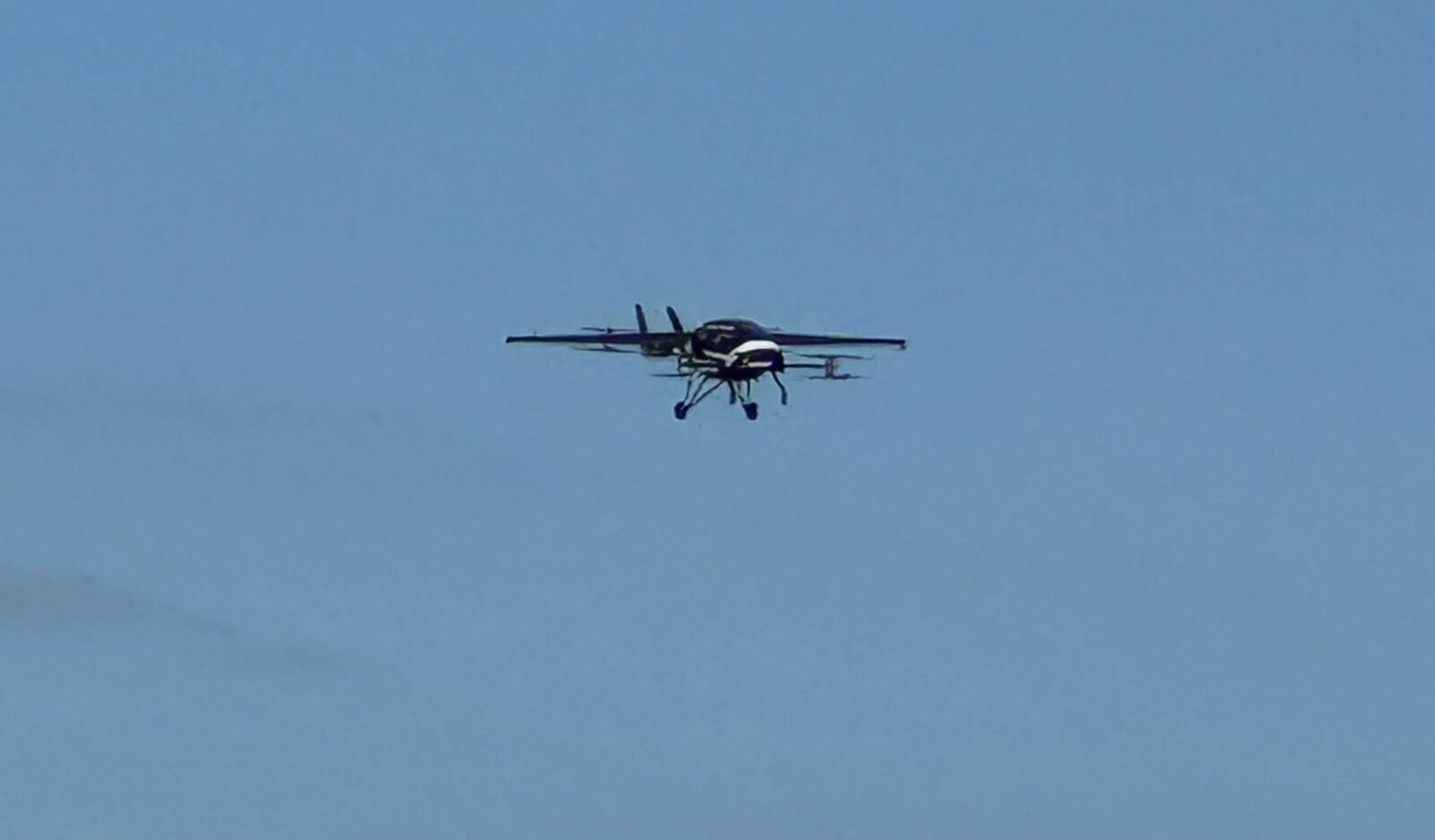Stay Up to Date
Submit your email address to receive the latest industry and Aerospace America news.
This story has been updated.
A two-seat prototype aircraft built by Israel-based company AIR crashed in a field and was “consumed” by fire during a Thursday afternoon test flight, the National Transportation Safety Board said. NTSB is investigating; no one was aboard the aircraft, and no injuries were reported.
The NTSB is investigating the crash Thursday of an unmanned Air Vev Inc. Zero eVTOL (electric vertical takeoff and landing) in Indiantown, Florida. Aircraft crashed in a field for unknown reasons and was consumed by post-crash fire.
— NTSB Newsroom (@NTSB_Newsroom) October 23, 2025
The company flew the same AIR ONE aircraft on Monday at the Indiantown Airport in southeast Florida for a small crowd of investors, journalists and potential customers, receiving applause and questions about its eventual sale.
AIR CEO Rani Plaut told me of the crash early Friday, saying the flight was meant to push the limits of the electric vertical takeoff and landing (eVTOL) design.
He declined to give a detailed description of the event due to the ongoing investigation, but noted that the aircraft was coming in for a landing at the end of the flight when the crash occurred.
The aircraft, known as the “514” for its tail number, was a total loss, but parts were salvaged for the investigation.
Plaut told me in a brief phone call Friday morning that he is focused on the investigation now but anticipates that AIR will begin flying a new prototype in Israel within weeks. He hopes to also ship a prototype to Florida for more testing.
“The only thing I’m feeling is sadness about losing an aircraft. It’s like losing one of your babies,” Plaut said. “It’s not a desirable development, but it’s also not really a setback because we have planned for this type of thing, and we have several production prototypes nearly ready to fly.”
He said AIR will adjust the design of the new prototypes based on lessons learned from the crash and the results of the investigation, in consultation with FAA.
“This aircraft [that crashed] was not a production prototype; it was an experimental proof of concept. We have a few of those. We are learning for it,” he said.
About paul brinkmann
Paul covers advanced air mobility, space launches and more for our website and the quarterly magazine. Paul joined us in 2022 and is based near Kennedy Space Center in Florida. He previously covered aerospace for United Press International and the Orlando Sentinel.
Related Posts
Stay Up to Date
Submit your email address to receive the latest industry and Aerospace America news.




